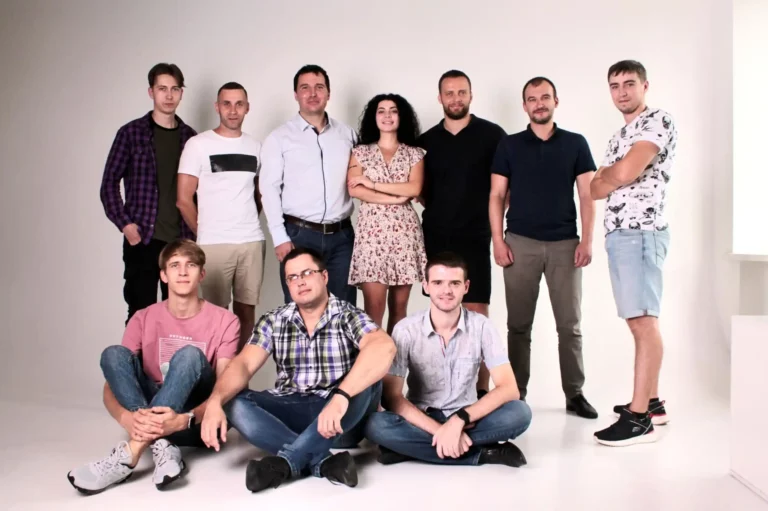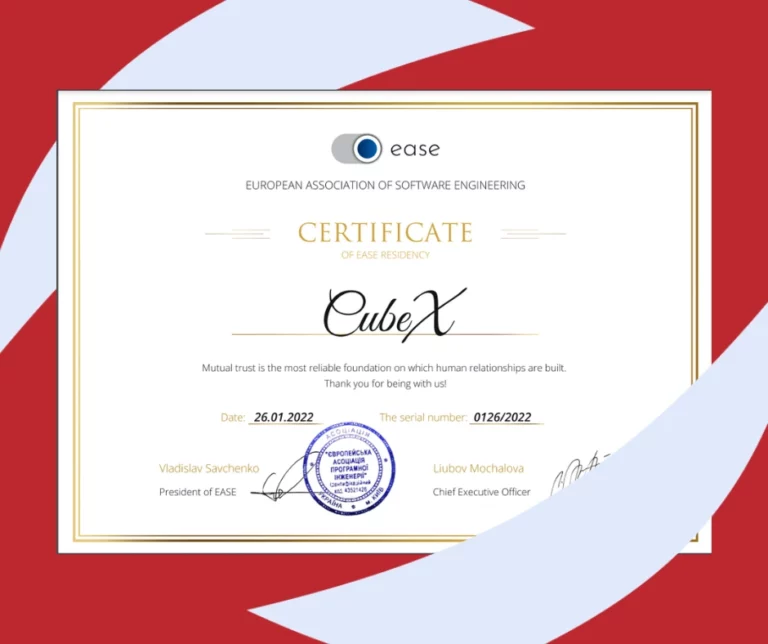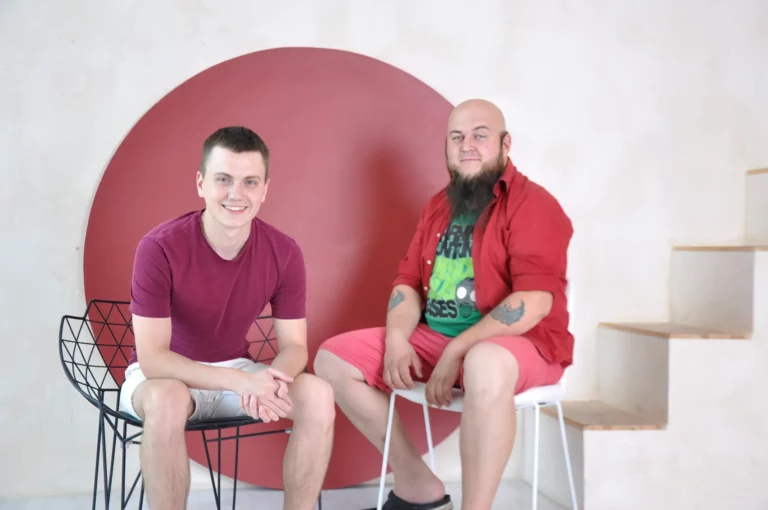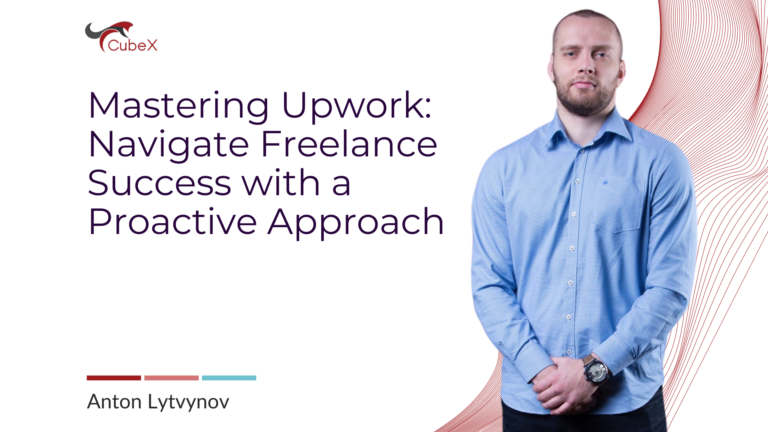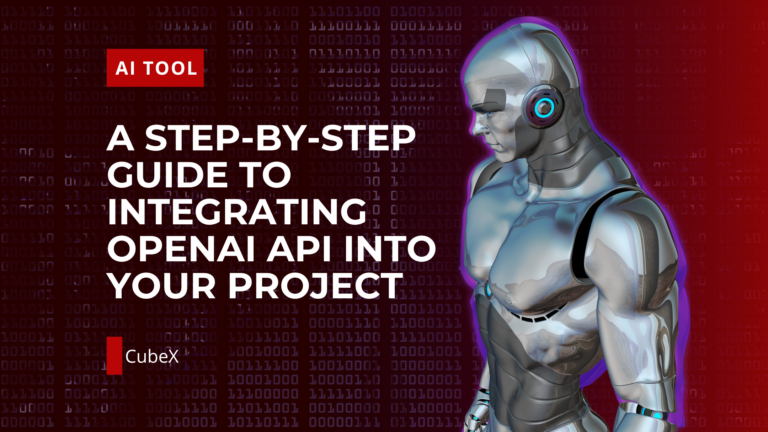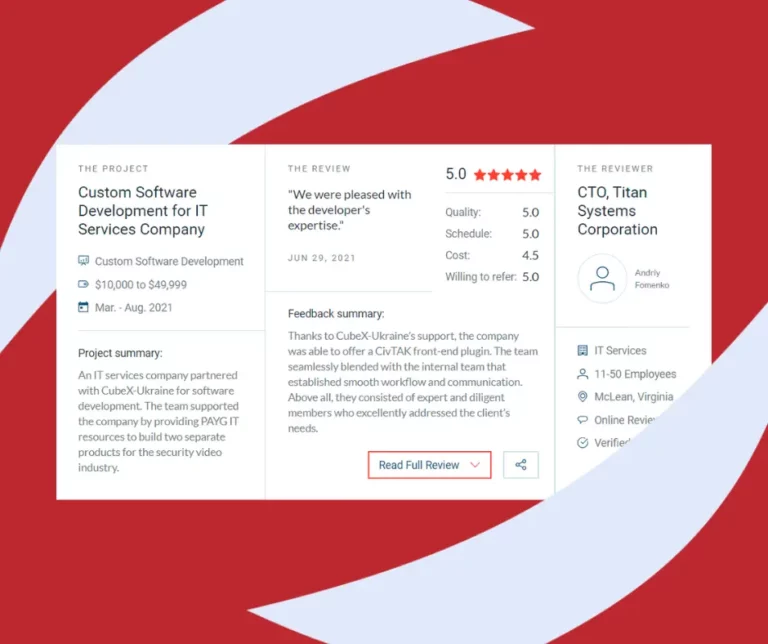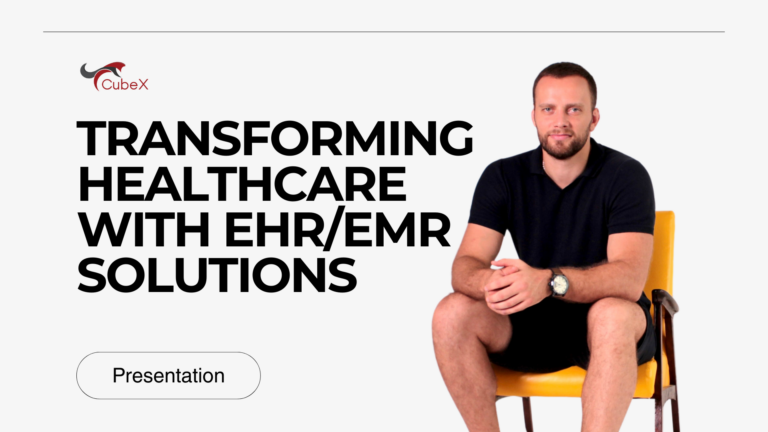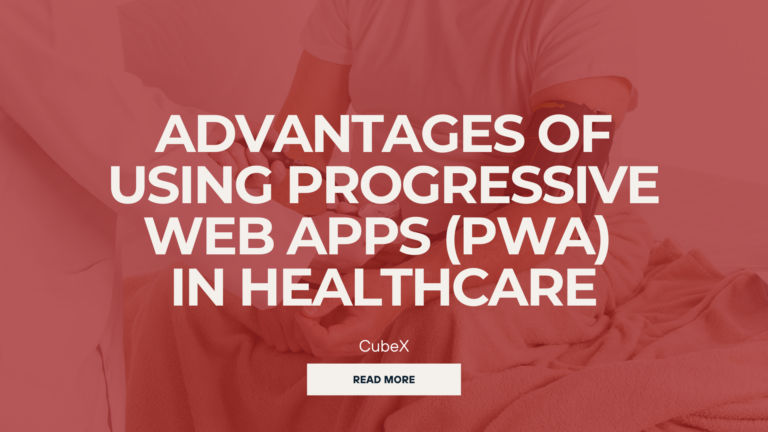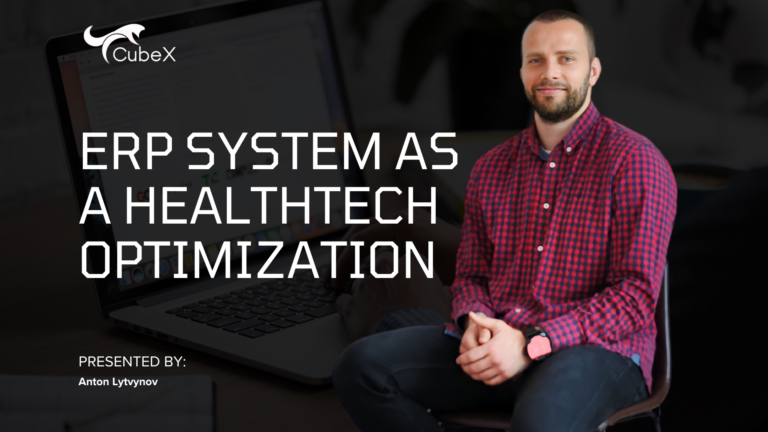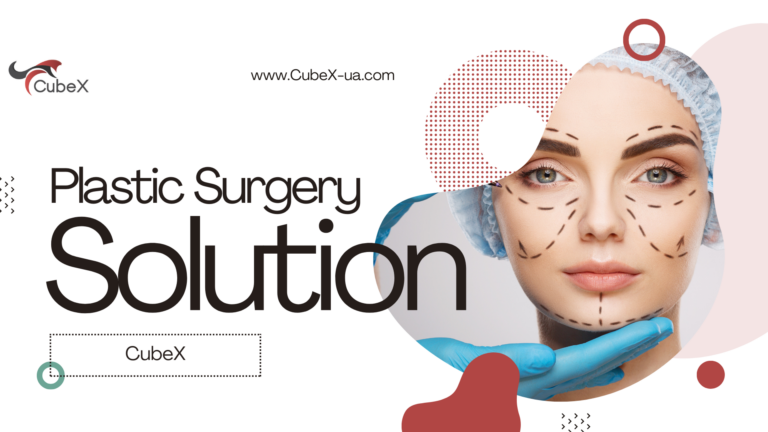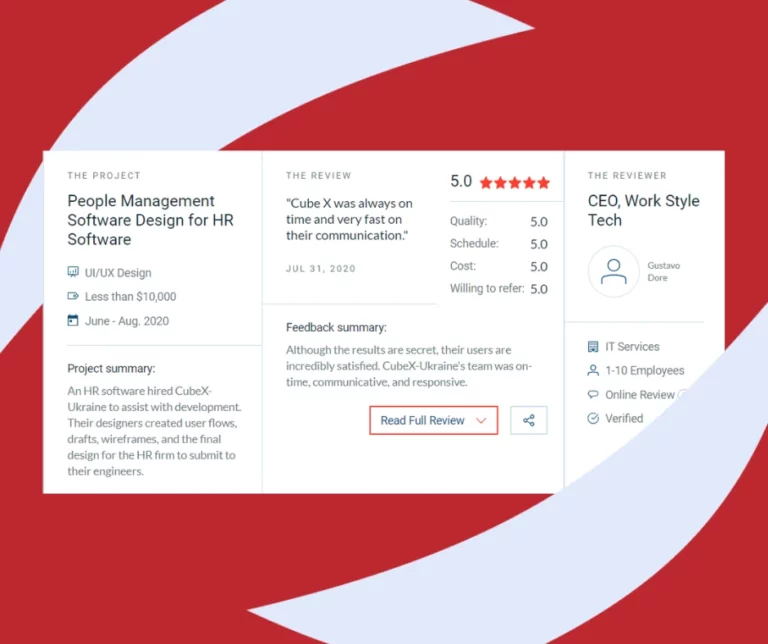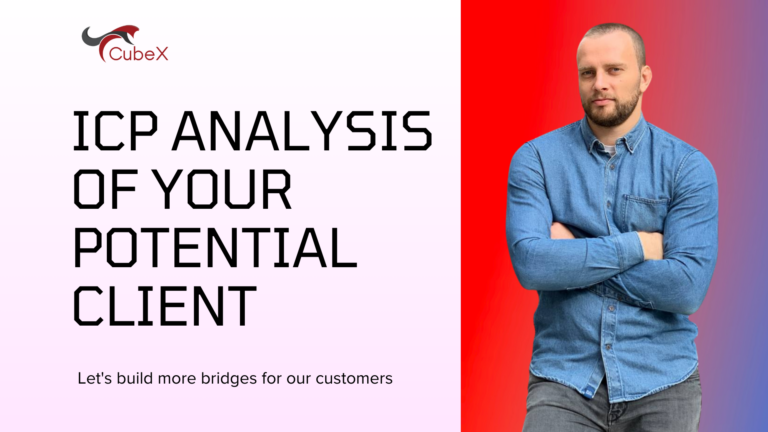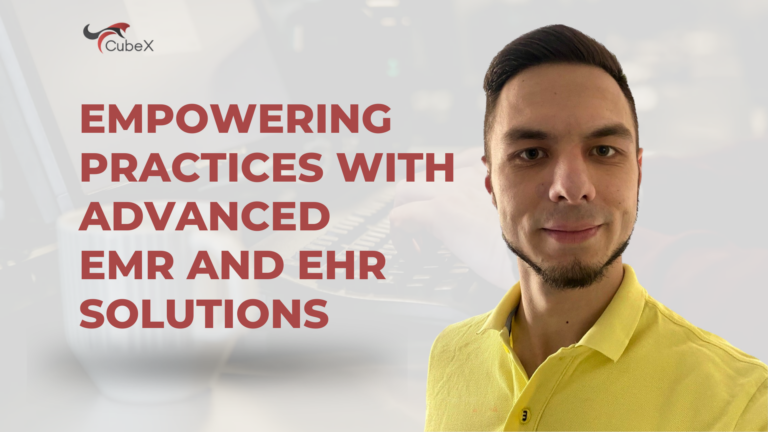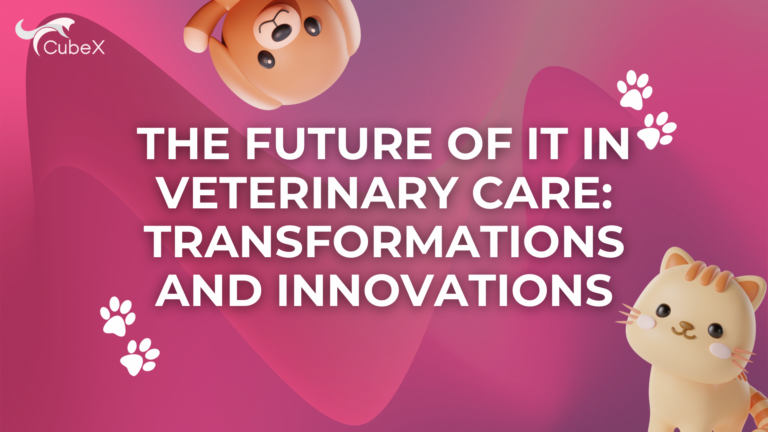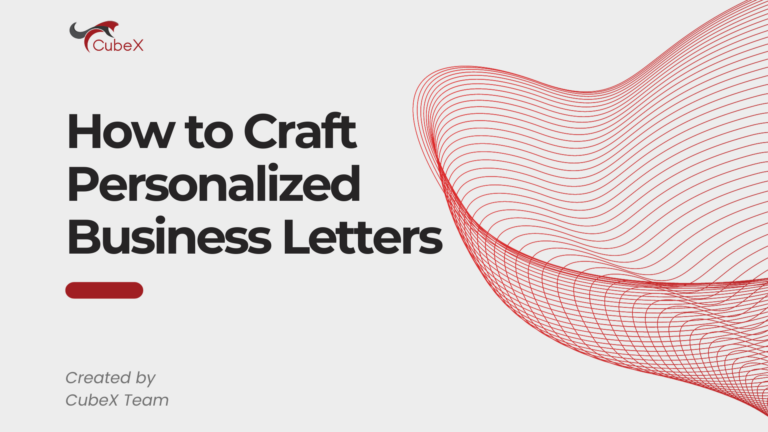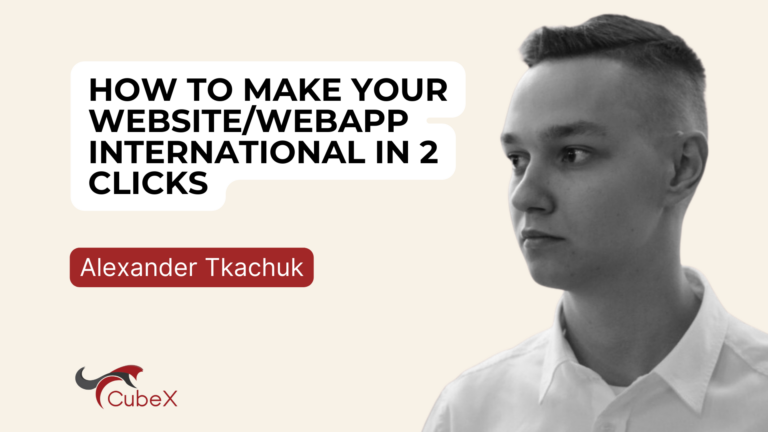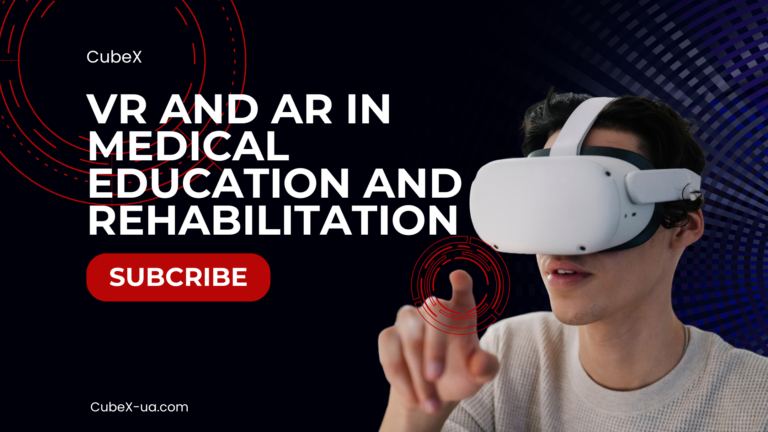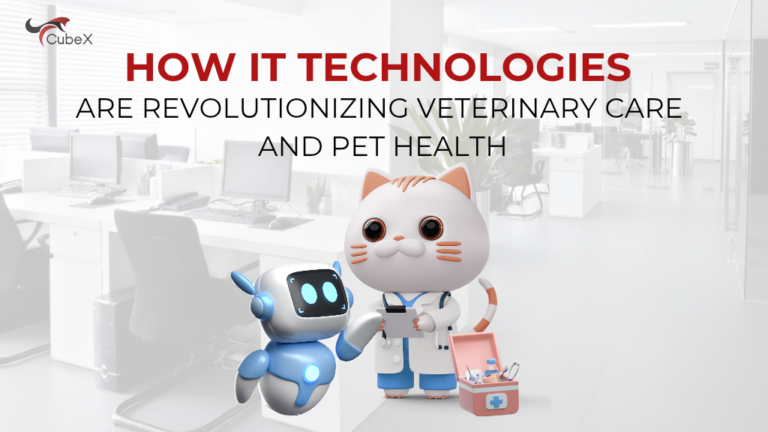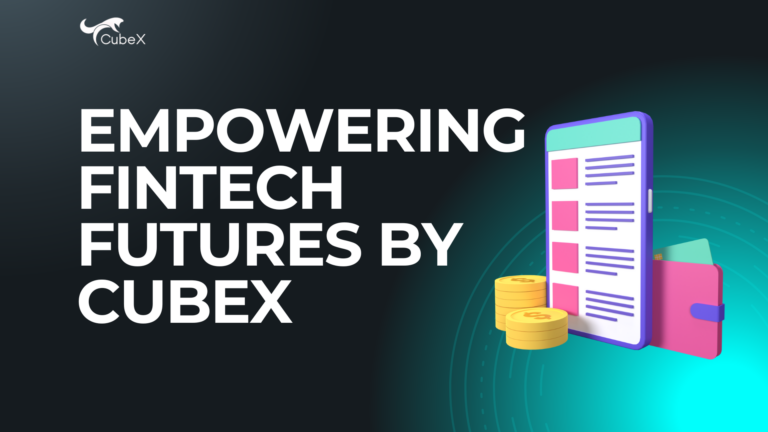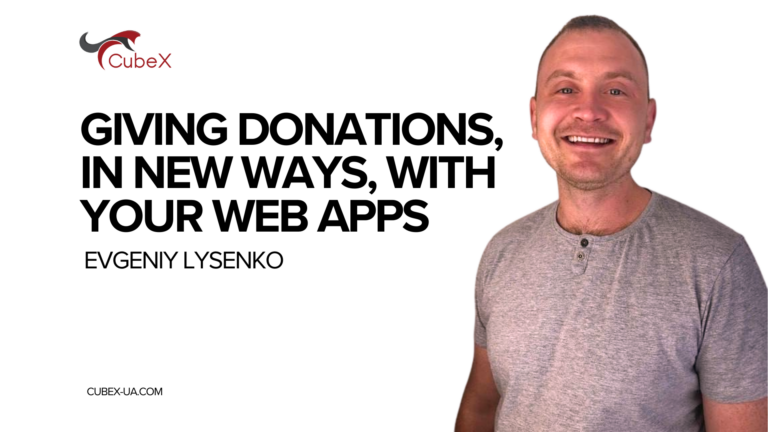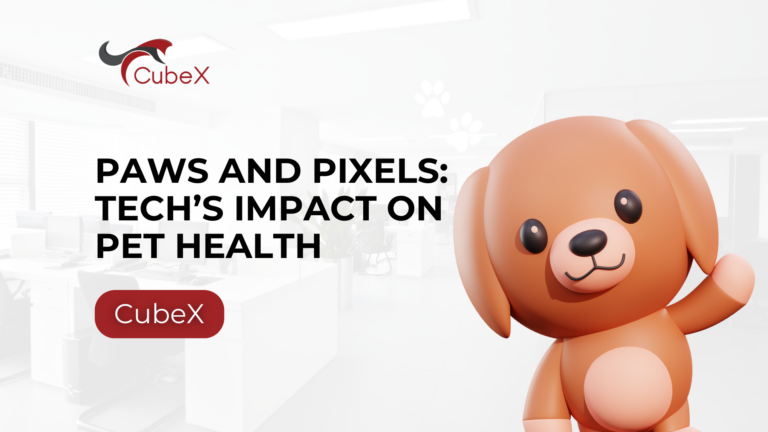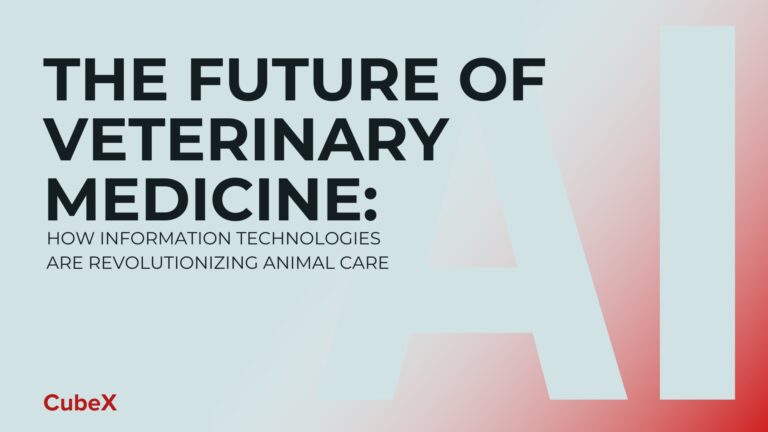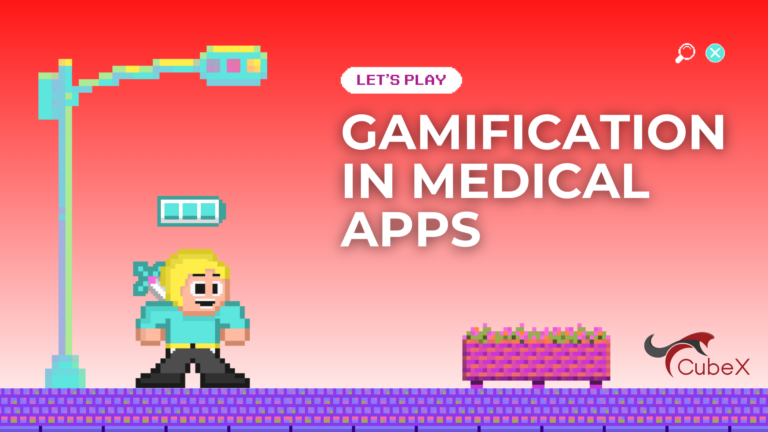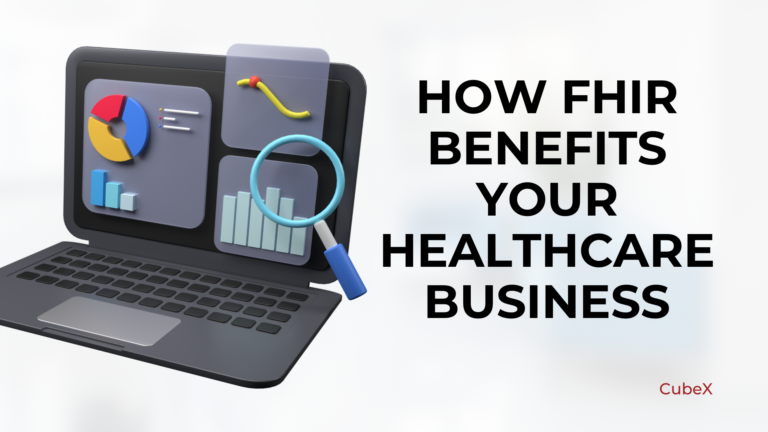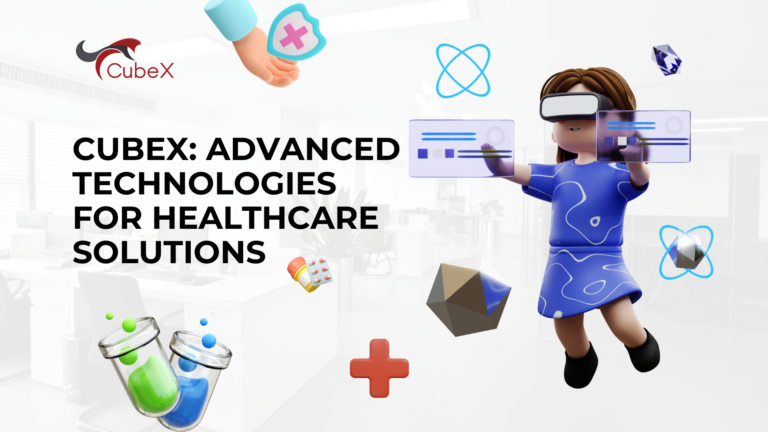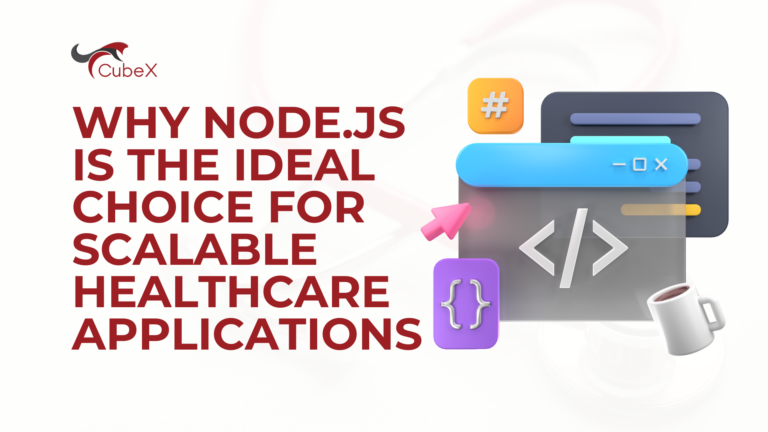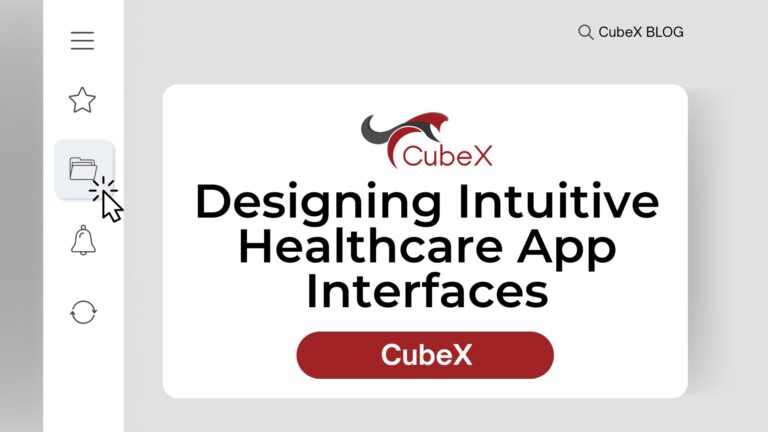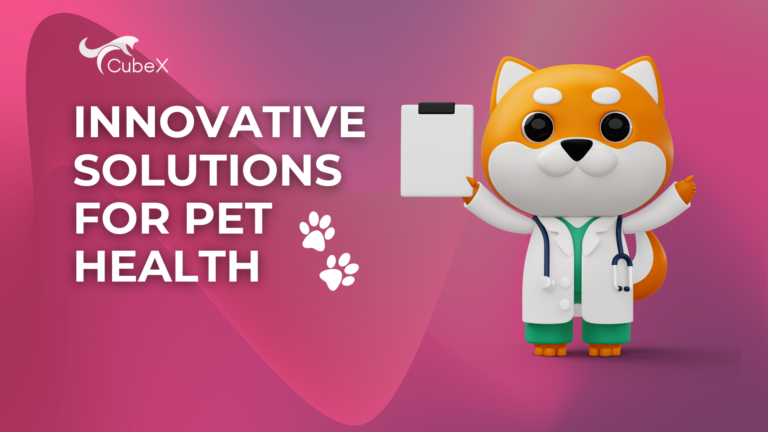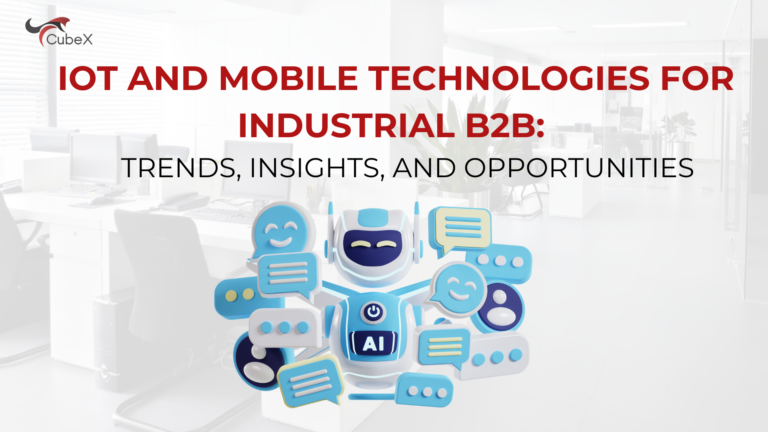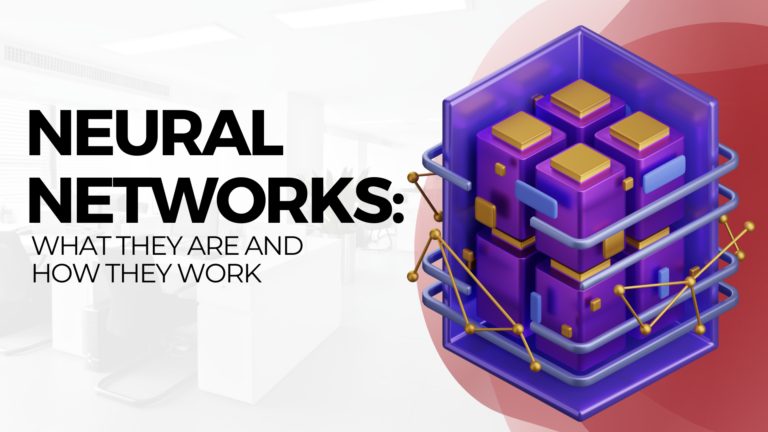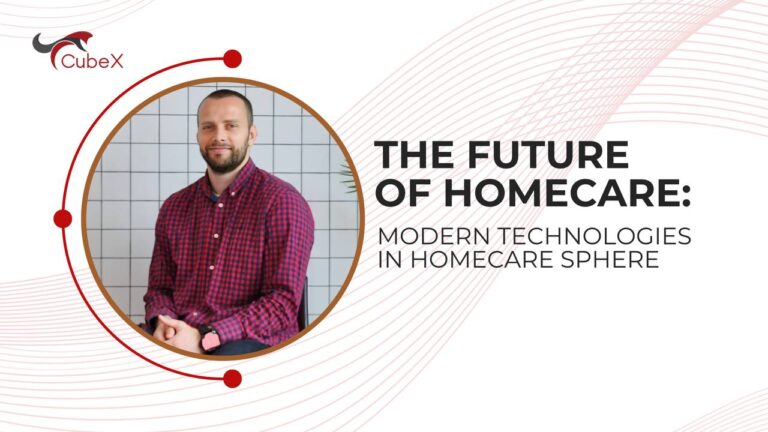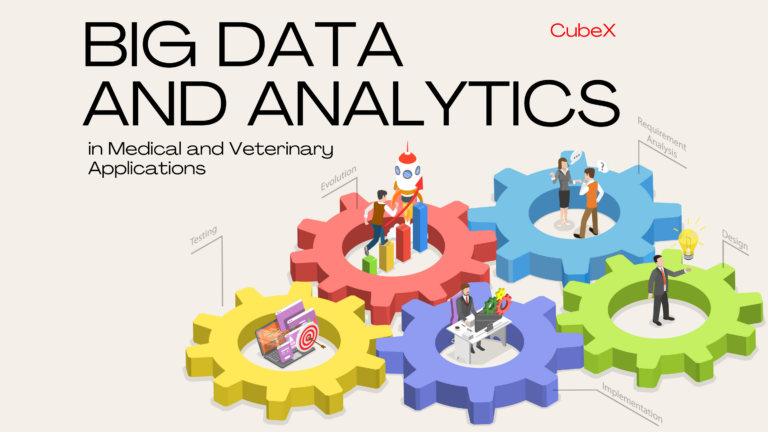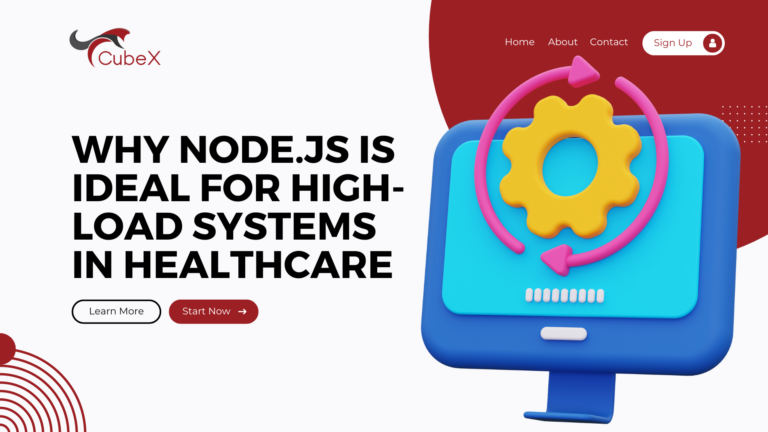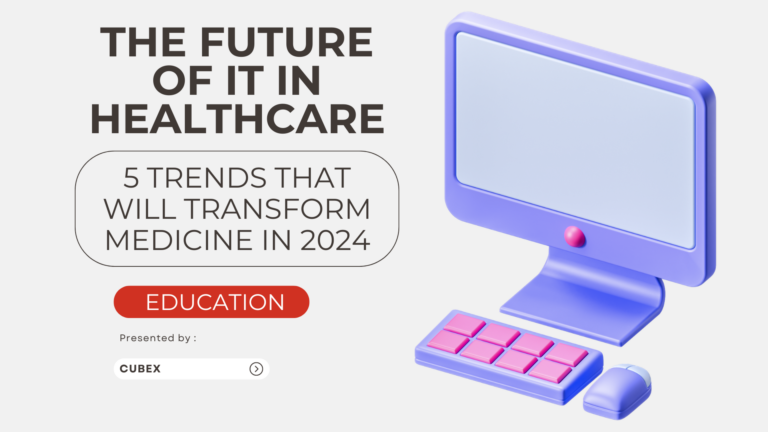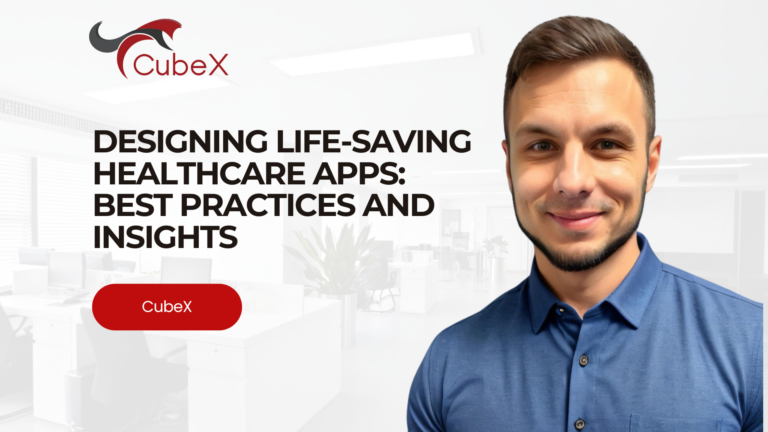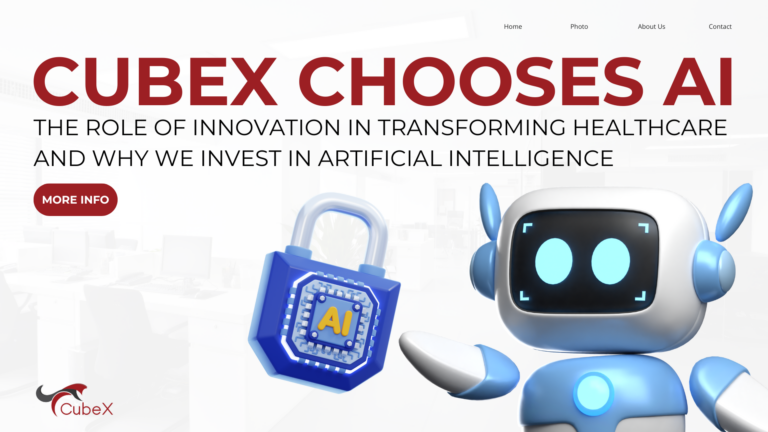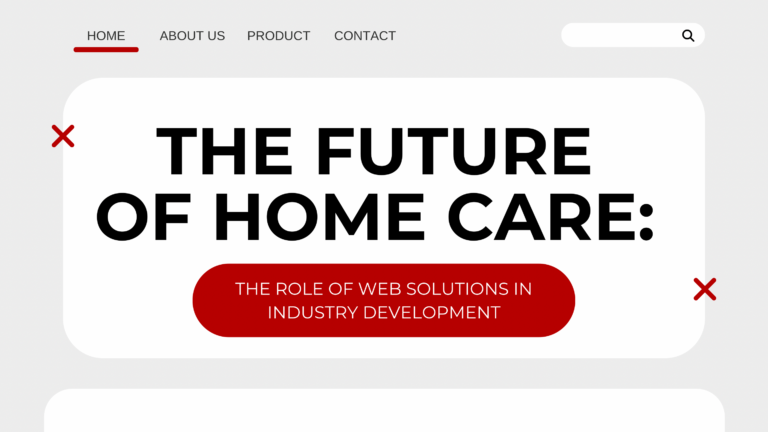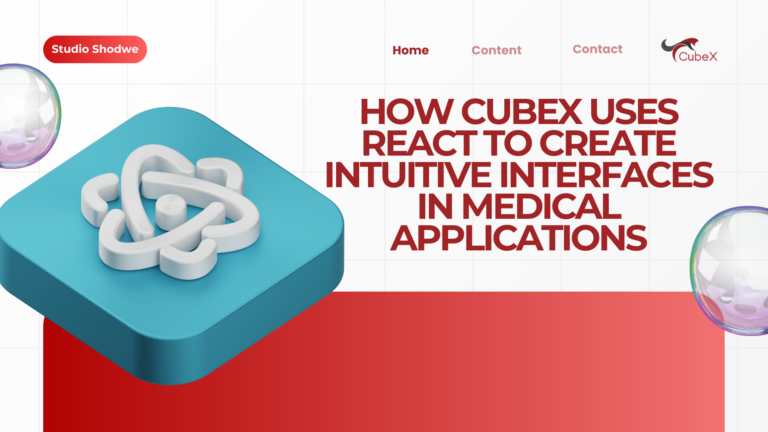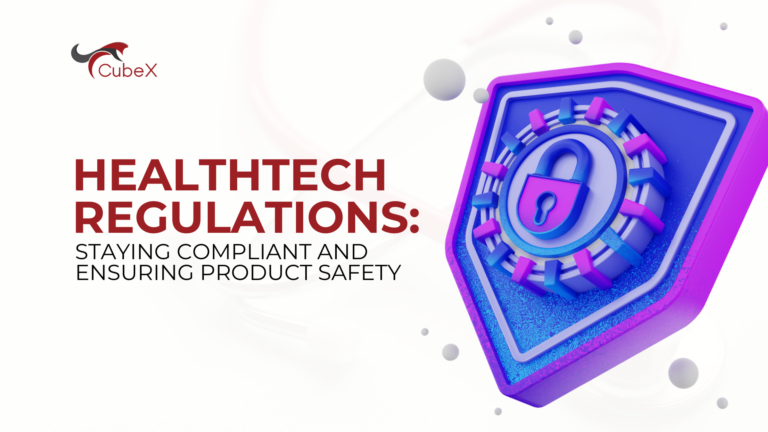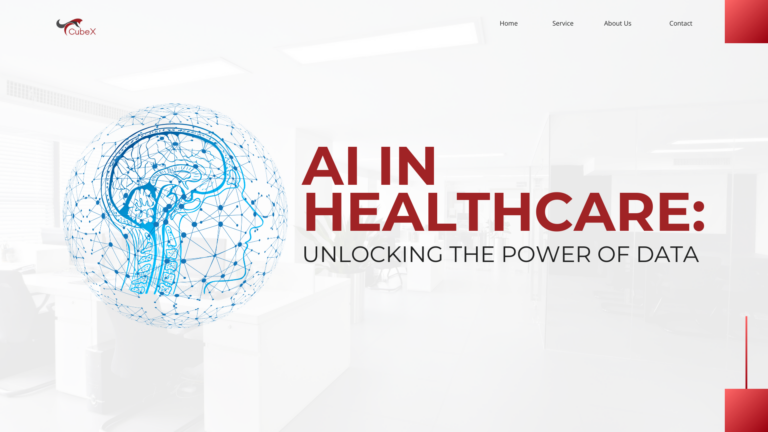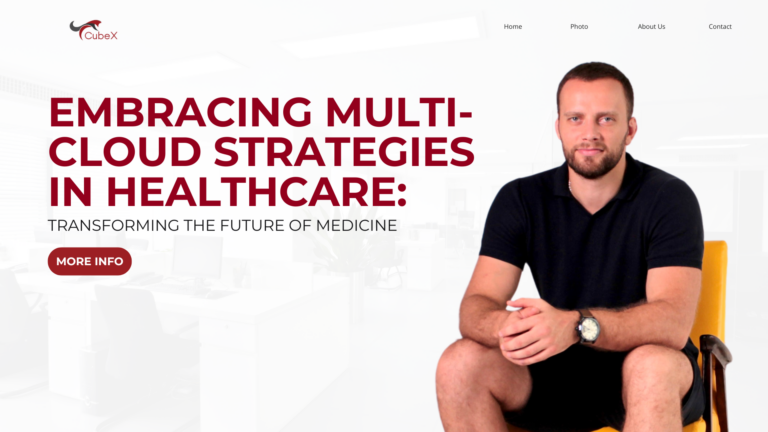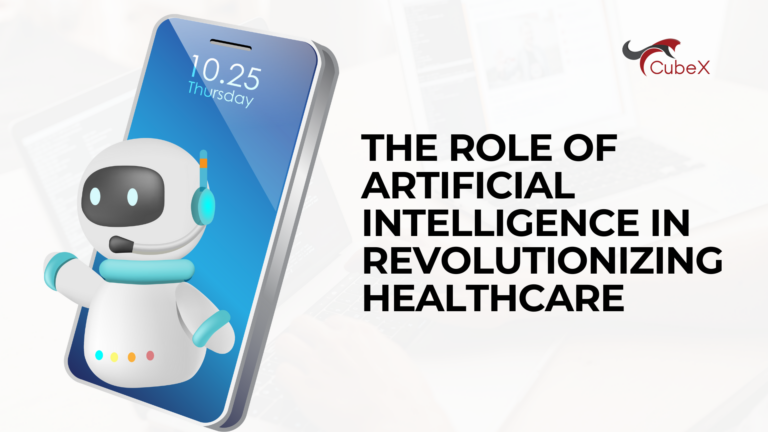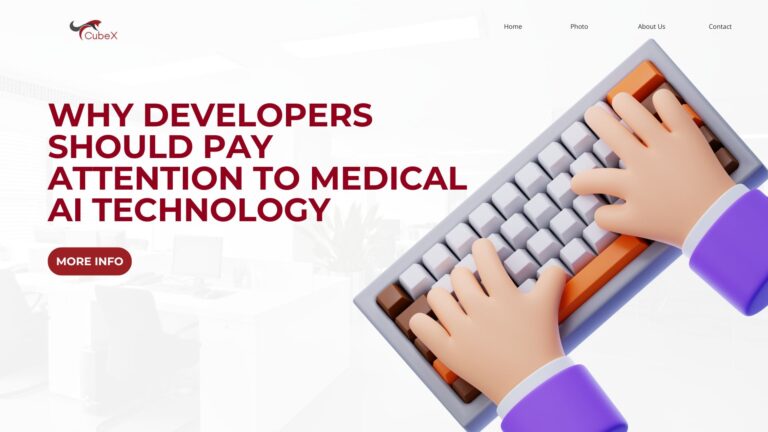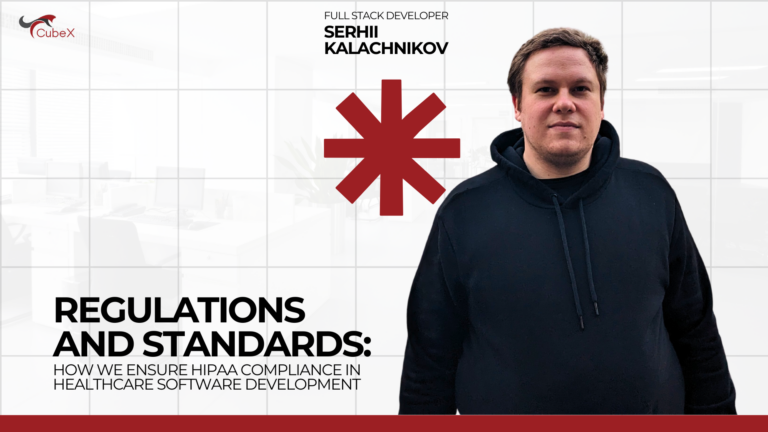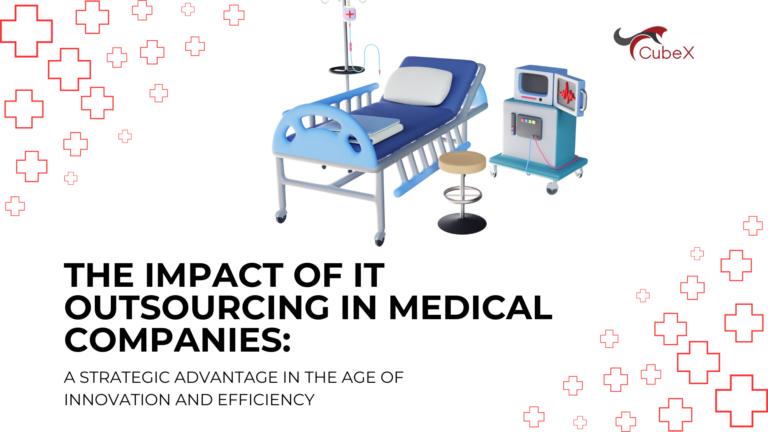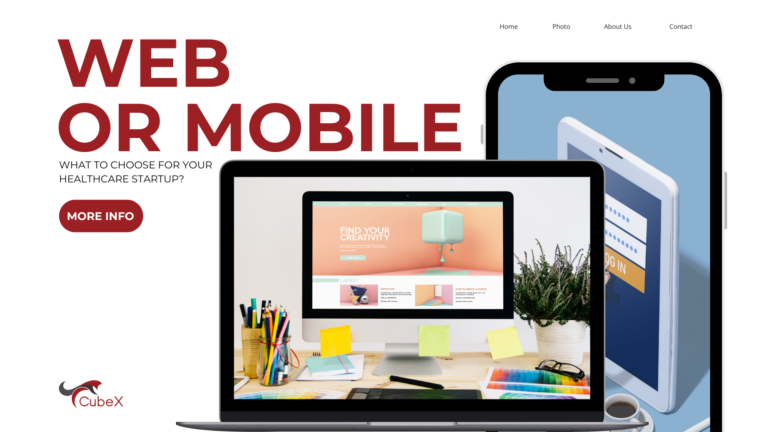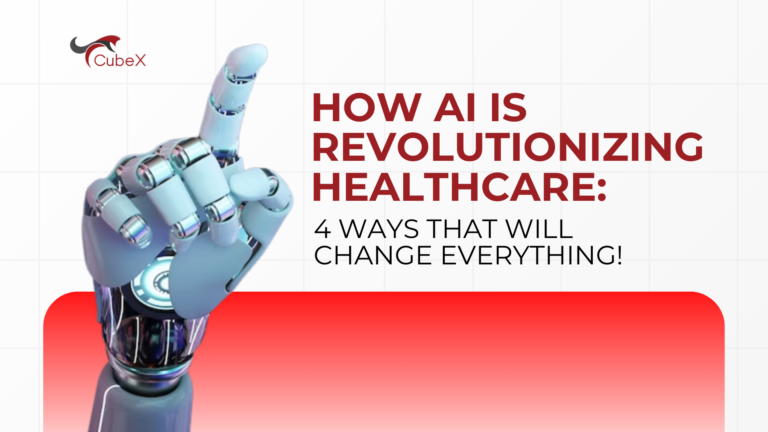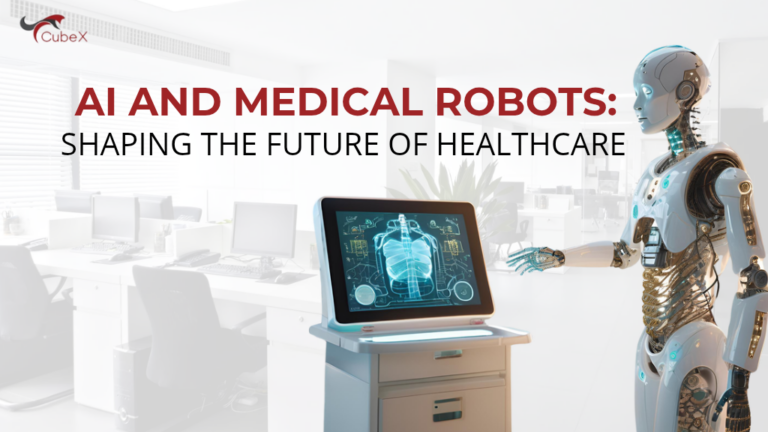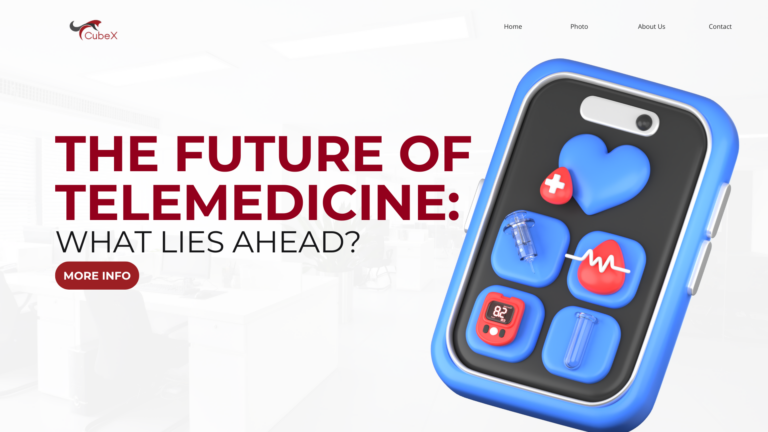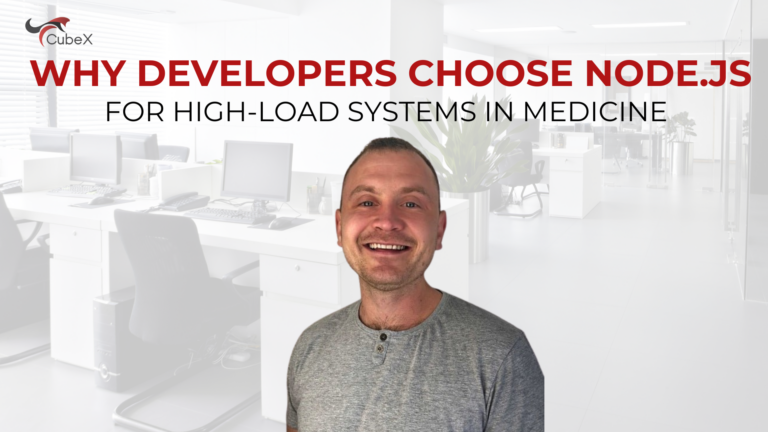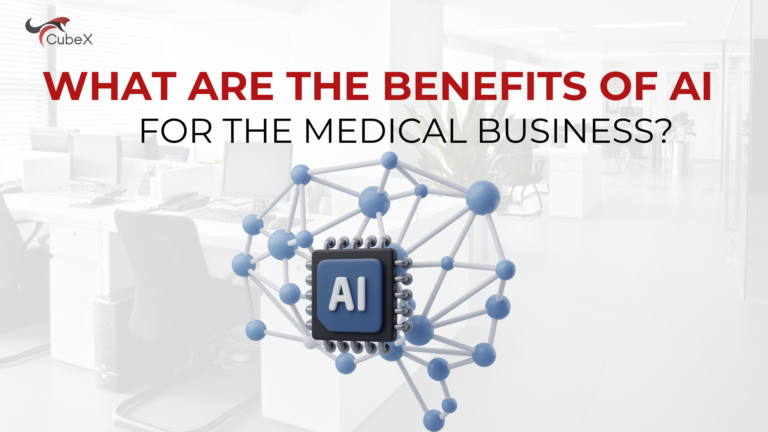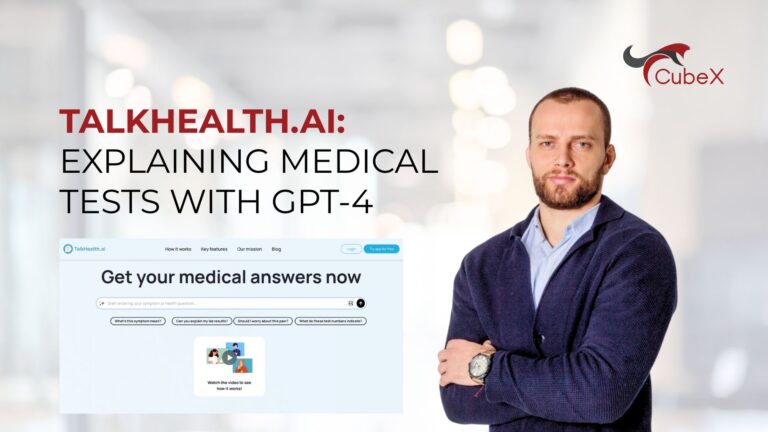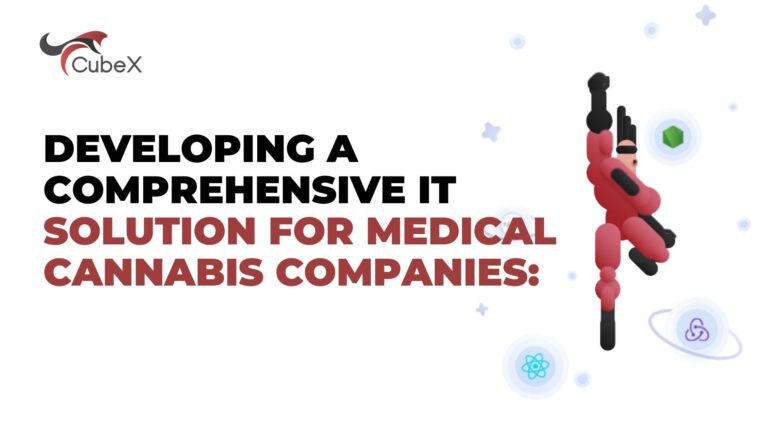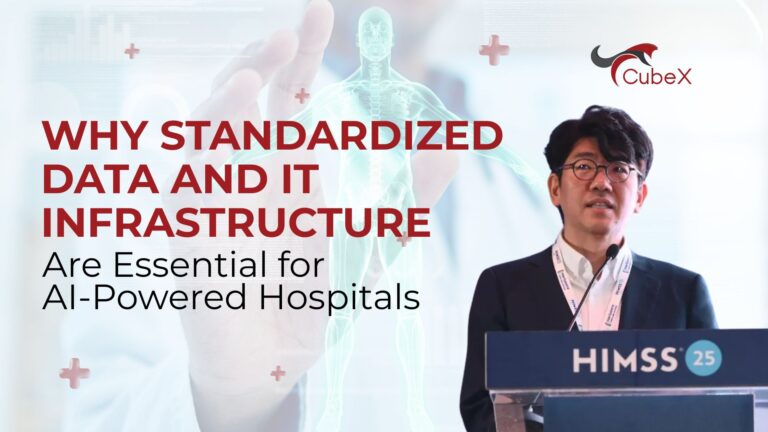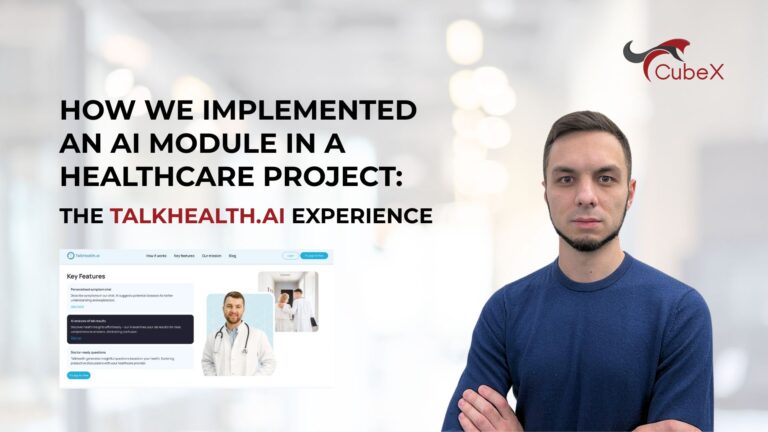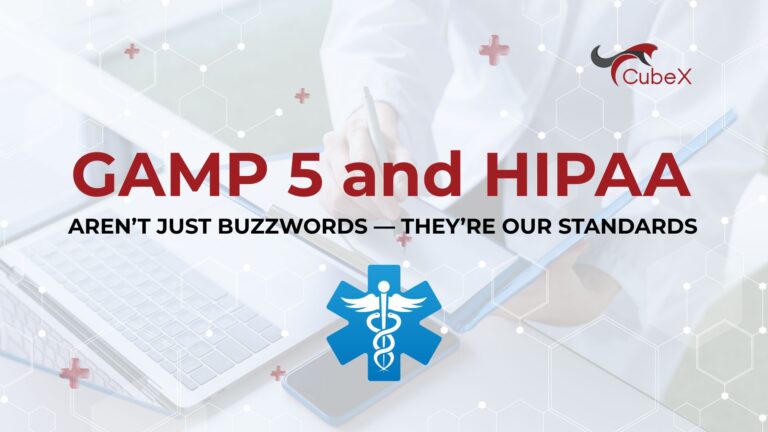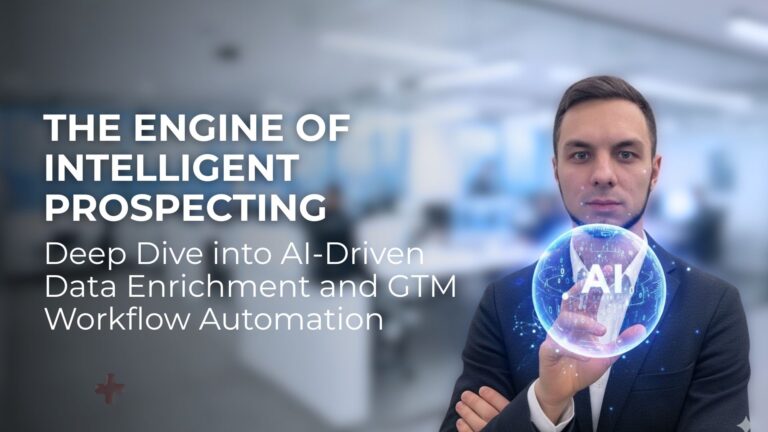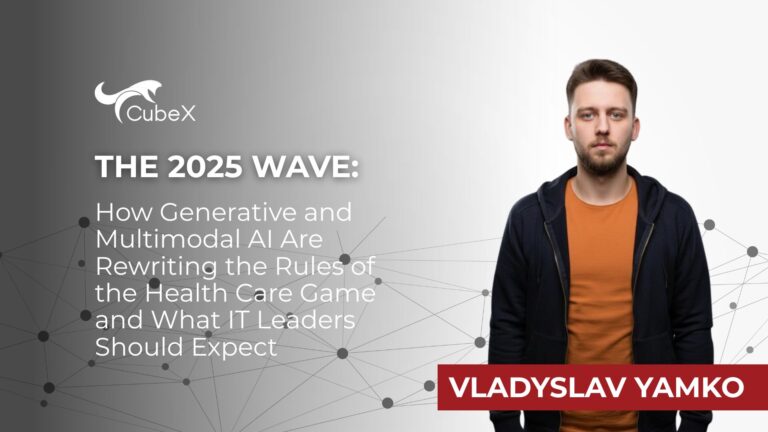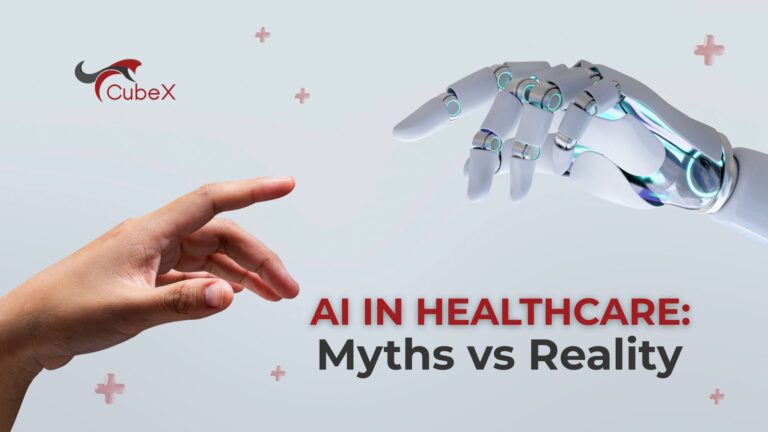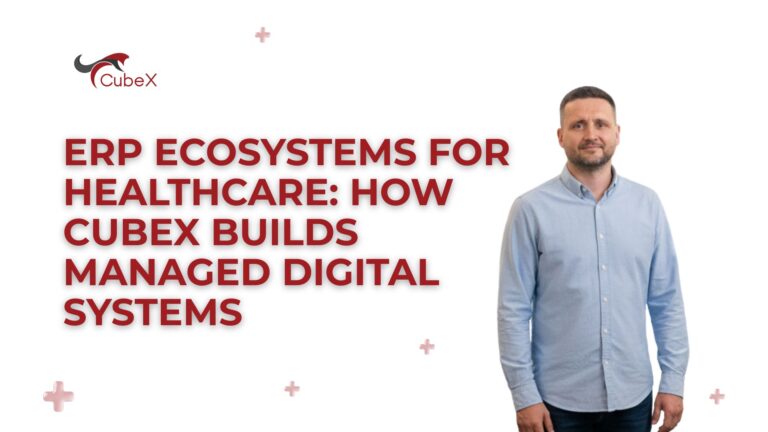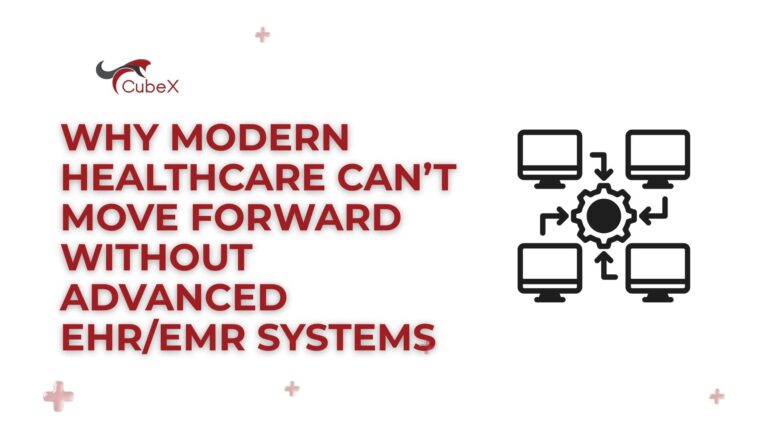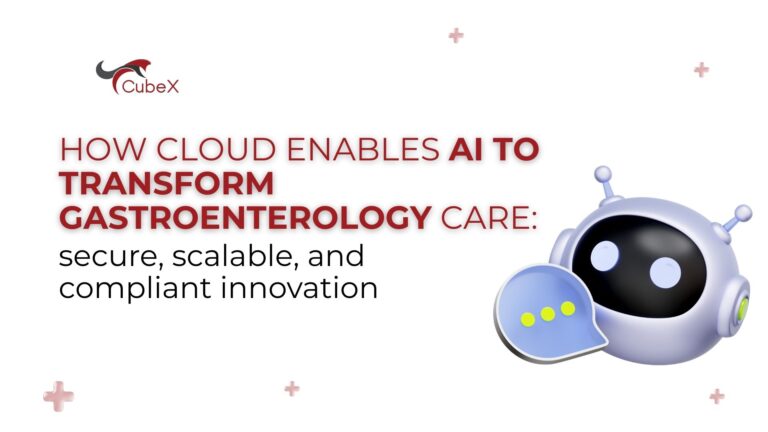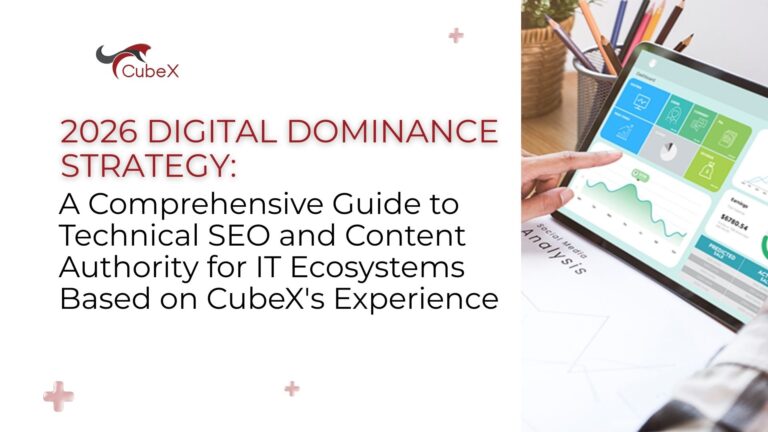Why Developers Should Pay Attention to Medical AI Technology
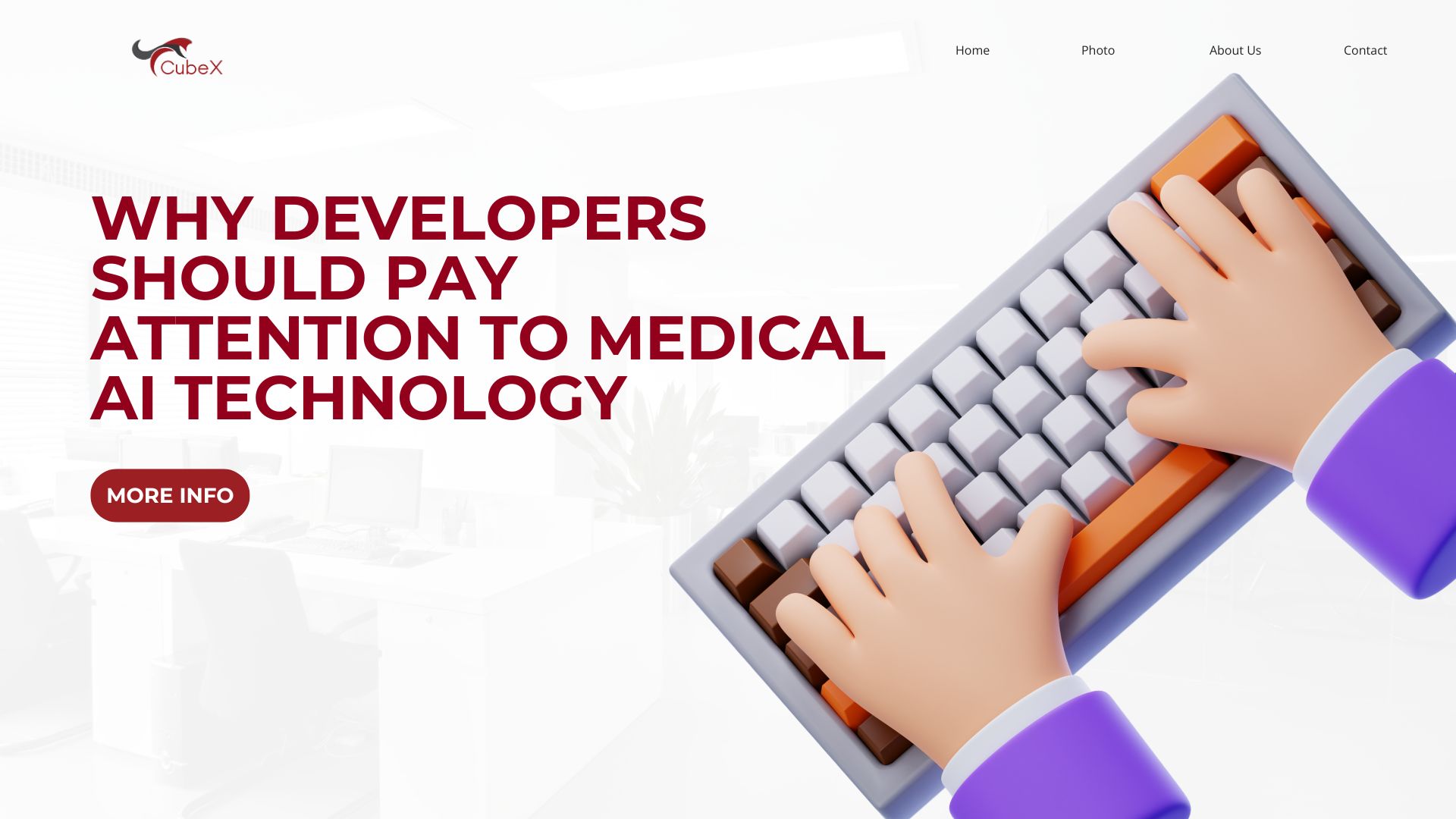
The intersection of artificial intelligence (AI) and healthcare is revolutionizing how we approach medical challenges, from diagnostics to patient care. For developers, this growing sector represents more than just a career opportunity—it’s a chance to make a meaningful impact on society while tackling complex and rewarding technical challenges.
With the global medical AI market projected to grow from $15 billion in 2023 to $70 billion by 2030, healthcare is quickly becoming a goldmine for innovation. Let’s delve into why developers should shift their focus to this transformative industry.
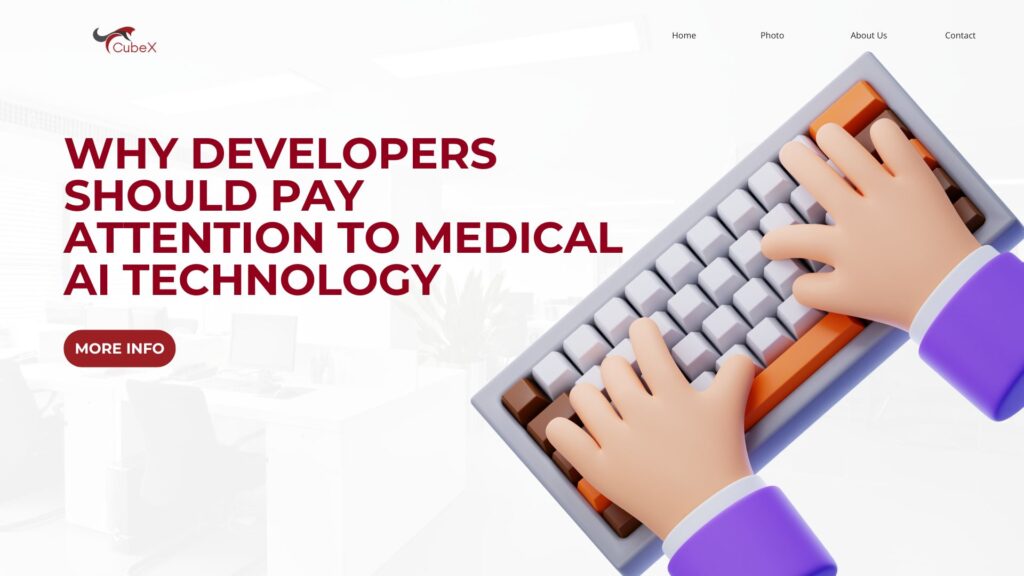
1. The Scale of the Challenge: Why Healthcare Needs AI
The global healthcare system is under immense strain:
- Aging populations: By 2050, the number of people aged 60 and older is expected to double, reaching over 2 billion. This demographic shift puts unprecedented pressure on healthcare infrastructure.
- Misdiagnosis and delayed treatment: A study in BMJ Quality & Safety found that 1 in 20 adult patients in the U.S. is misdiagnosed annually, with potentially life-threatening consequences.
AI offers solutions by analyzing vast amounts of patient data in real-time. For instance:
- AI-powered diagnostic tools like DeepMind’s system for eye disease detection have achieved accuracy rates of over 90%, rivaling top specialists.
- Predictive models can identify at-risk patients, helping doctors intervene before conditions worsen.
For developers, contributing to such breakthroughs isn’t just about coding—it’s about addressing some of the most critical challenges facing humanity.
2. A Rich Playground for Technical Innovation
Healthcare AI presents a unique set of challenges and opportunities for developers:
Medical Imaging
AI systems like those developed by Zebra Medical and Aidoc are revolutionizing radiology by identifying abnormalities in X-rays, CT scans, and MRIs. For example, AI has reduced false negatives in cancer detection by up to 37%, according to a study by the Journal of the National Cancer Institute.
Natural Language Processing (NLP)
With 80% of healthcare data being unstructured (e.g., clinical notes, lab reports), NLP models are essential for extracting actionable insights. Companies like IBM Watson Health use NLP to assist doctors by summarizing patient histories and suggesting treatment options.
Neural Networks for Drug Discovery
The drug discovery process, traditionally taking 10-15 years, is being expedited by AI. Platforms like Insilico Medicine leverage neural networks to identify potential drug candidates in months. For developers, this involves working with cutting-edge algorithms to solve real-world problems.
Data Security and Compliance
The sensitive nature of healthcare data brings additional layers of complexity. Developers must navigate regulations like HIPAA (in the U.S.) or GDPR (in Europe) while ensuring robust cybersecurity measures.
These technical challenges are not just intellectually stimulating—they’re opportunities to pioneer advancements that could redefine the industry.
3. Real-World Impact: Changing Lives with Code
Few industries offer developers the chance to directly save lives, but healthcare AI does. Here are a few examples:
- Emergency Response: AI systems can prioritize ER patients based on the severity of their condition, reducing wait times and improving outcomes.
- Chronic Disease Management: Apps like Livongo use AI to help patients manage conditions like diabetes, offering personalized insights and real-time feedback.
- Global Health Access: AI-driven telemedicine platforms are bridging the gap for rural and underserved populations, providing access to quality care.
Imagine writing a piece of code that helps detect cancer earlier or predicts a heart attack before it happens. That’s the kind of impact healthcare AI offers.
4. A Thriving Market with Career Opportunities
The healthcare AI market is on a steep growth trajectory:
- Economic potential: According to Accenture, AI applications could save the U.S. healthcare system up to $150 billion annually by 2026.
- Job demand: The demand for AI specialists in healthcare is growing at 30% annually, far outpacing most other sectors.
- Global investments: Funding for healthcare AI startups reached $4.3 billion in 2022, highlighting the confidence investors have in this space.
For developers, this means access to a booming industry with high-paying, impactful roles. Companies ranging from startups to tech giants like Google and Microsoft are investing heavily in healthcare AI, creating a wealth of opportunities.
5. Ethical Considerations and Responsibility
Healthcare AI is not without its challenges. Ethical considerations like bias in algorithms and data privacy are critical concerns. Developers must take responsibility for ensuring that AI systems are equitable, transparent, and secure.
At the same time, this is an opportunity to set new standards for ethical AI. By building systems that prioritize patient welfare and comply with global regulations, developers can lead the charge in creating trustworthy technology.
6. The Bigger Picture: Shaping the Future of Humanity
The ultimate promise of AI in healthcare is a world where everyone has access to quality care. This means:
- Personalized treatment: Tailoring medical care to an individual’s genetic makeup, lifestyle, and environment.
- Global impact: Extending healthcare access to remote and underserved regions through AI-driven telemedicine and diagnostics.
- Preventive care: Shifting the focus from treating diseases to predicting and preventing them.
For developers, working in healthcare AI isn’t just a job—it’s a mission to improve lives on a global scale.
Final Thoughts
Healthcare AI is at the forefront of technological innovation, blending cutting-edge science with a profound social impact. For developers, it offers an unparalleled opportunity to solve meaningful problems, grow professionally, and contribute to a brighter future.
If you’re considering your next career move, ask yourself: Do you want to write code that optimizes ads, or do you want to write code that saves lives?
Contact Us
Please contact us for any further information

